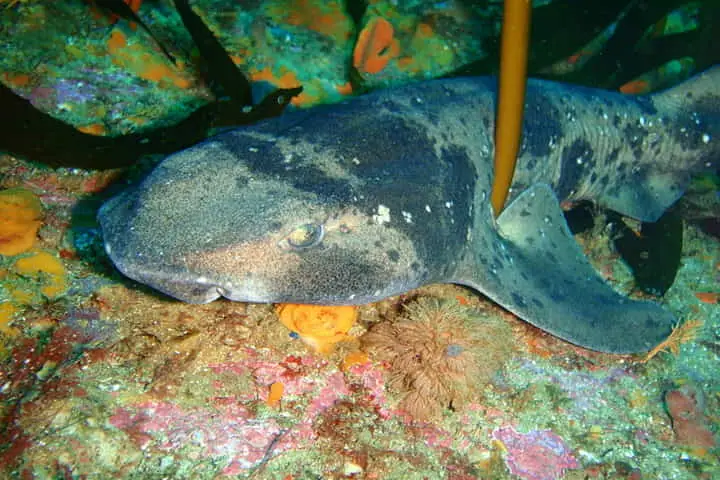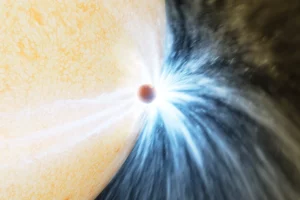It has been a long held belief that sharks don’t sleep and the reason given for this was that some of them needed to keep swimming in order to have a constant and steady supply of oxygen-rich water go through their gills. Now, a report in smithsonianmag.com mentions that Australian scientists have studied and recorded a species of these fishes which live in the bottom and have been observed to sleep.
The details of this new study which has been published in Biology Letters, a peer-reviewed scientific journal, points out that sharks can sleep and many prefer keeping their eyes wide open while doing so.
Talking to Newsweek, Michael Kelly, an author of this study said: "Until now, sleep in sharks was completely unstudied and unknown. Sharks are a particularly important group as they are the oldest living jawed vertebrates—a trait they share with us.” Kelly is an ecophysiologist at La Trobe University, Melbourne.
The subject of this study was the draughtsboard sharks. This native to New Zealand nocturnal species was observed to be sleeping during periods of rest. This particular species which in contrast to the tiger sharks and the great whites, which need to swim constantly to keep water flowing to their gills, are buccal pumping shark species. This means that when stationary, they can push water manually over their gills to take in oxygen.
The scientists in order to confirm if the fishes were asleep, checked their metabolism and the bearing of seven draughtsboard sharks over 24 hours. Resting for five minutes and more, the consumption of oxygen dropped in them, pointing to their drifting off to sleep.
Sharing his view on this to Guardian, Kelly remarked: “We know that a drop in metabolism is a tell-tale sign of sleep in many, many other animals.”
There was a distinct change in their posture too. As these three-foot-long fishes are ambush predators, they are usually positioned with their fins out and head up. The scientists noted that when asleep, this position changed and they were flattening and nestling closer to the ground.
Generally during their daytime sleep, these creatures shut their eyes but at night they preferred to keep them open more often. This according to the researchers may have more to do with light than the sleep state itself. It was observed that 38 percent of sharks kept their eyes open at night while they seemed to be asleep.
Also read: Why Cooler temperatures turned ancient sharks into gigantic creatures
In their paper, the team wrote: "We have provided the first physiological evidence of sleep in sharks.”
This group of researchers had in their earlier study about the behaviour signals of sleeping sharks found that when these fishes had been still for a long time, it was tough to egg them to movement, thereby suggesting that they were sleeping. Talking about this, the authors in their study said: "Not only do sleeping sharks have reduced responsiveness to stimulation, they also have lower metabolic rate.”
The team now wants to focus on other shark species that sleep like draughtsboard sharks and also examine the brain activity in these fishes when they are asleep.
Summing up the study, Kelly told Newsweek: "[Sharks] have been swimming in our seas for over 400 million years and have evolved very little in that time providing us with a peak into the past. Understanding how and why these animals sleep will provide important insight into the function of sleep and how it has evolved over time."




















